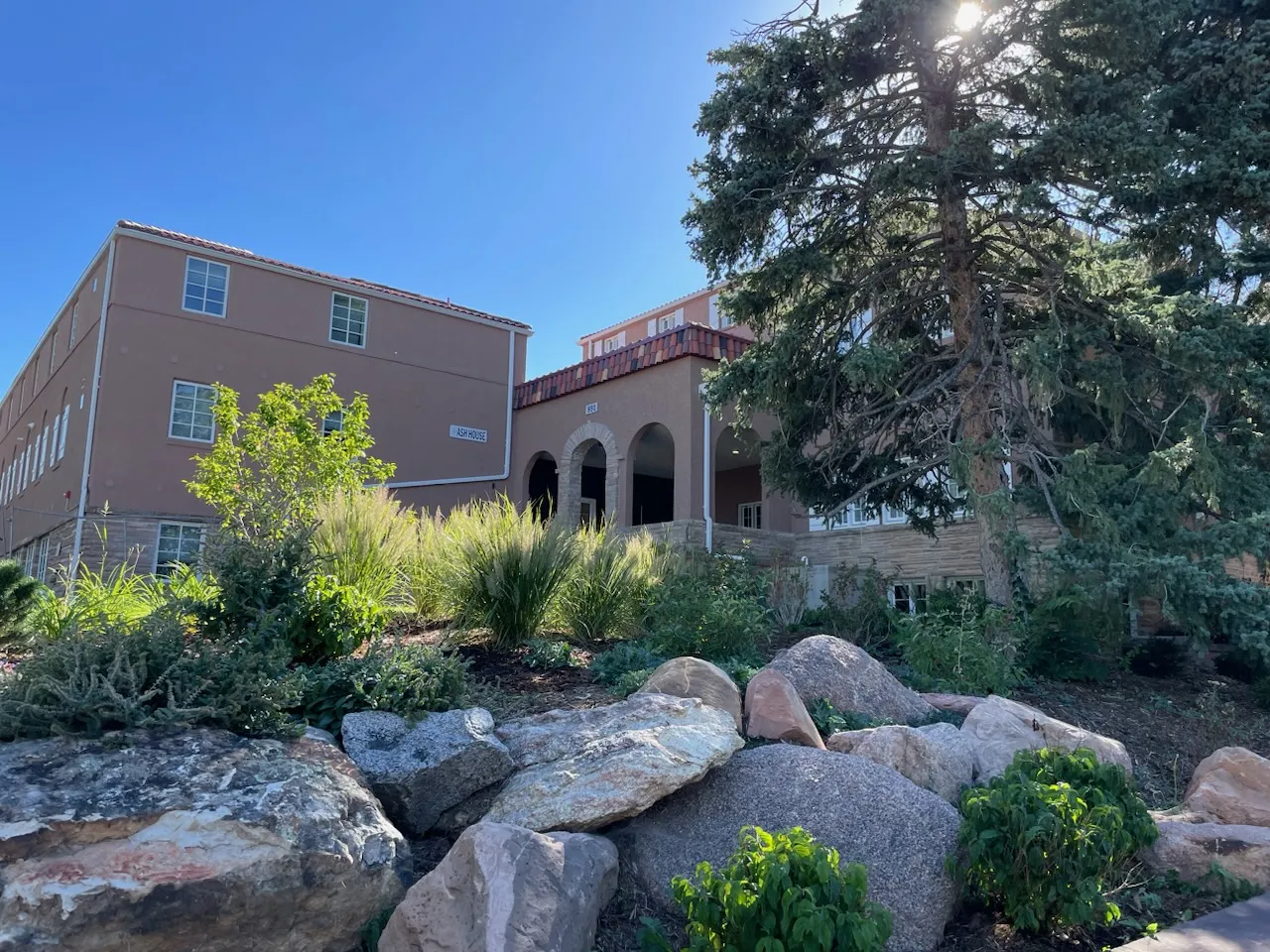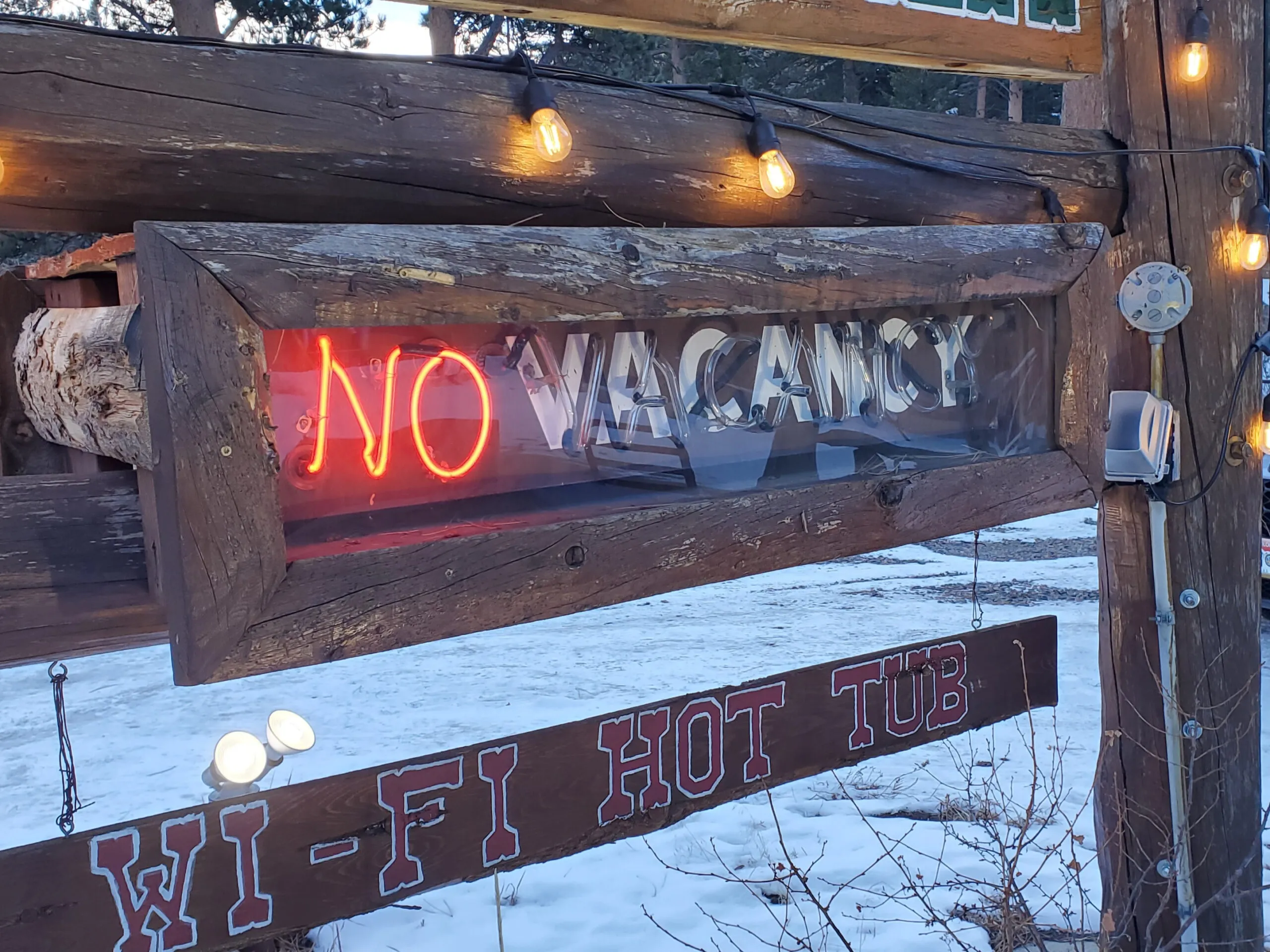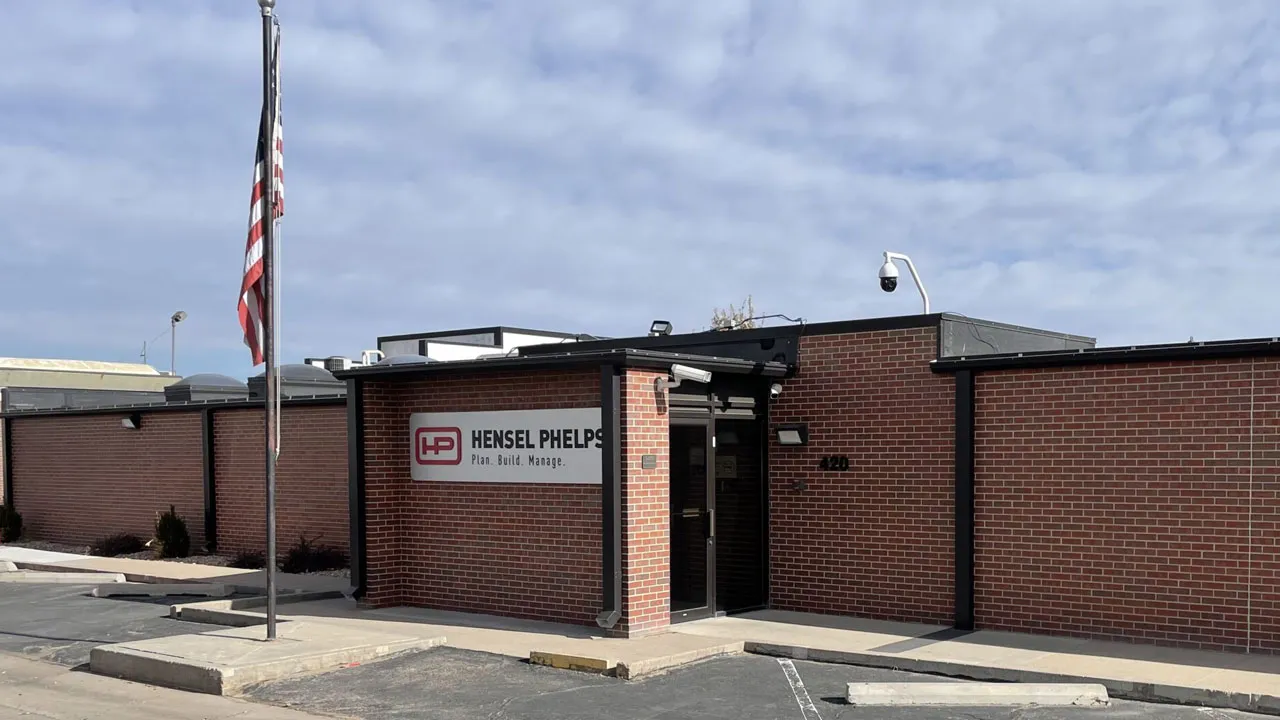Boulder, Ash House owner agree to settlement
Unpermitted bedrooms to be removed

Attorneys representing Boulder and the owners of the Ash House apartment building signed a settlement agreement this week that requires the landlord to remove unpermitted bedrooms and return the units to the conditions previously approved by the city by Oct. 7.
THIS ARTICLE IS FOR SUBSCRIBERS ONLY
Continue reading for less than $3 per week!
Get a month of award-winning local business news, trends and insights
Access award-winning content today!
Already have a paid subscription?





